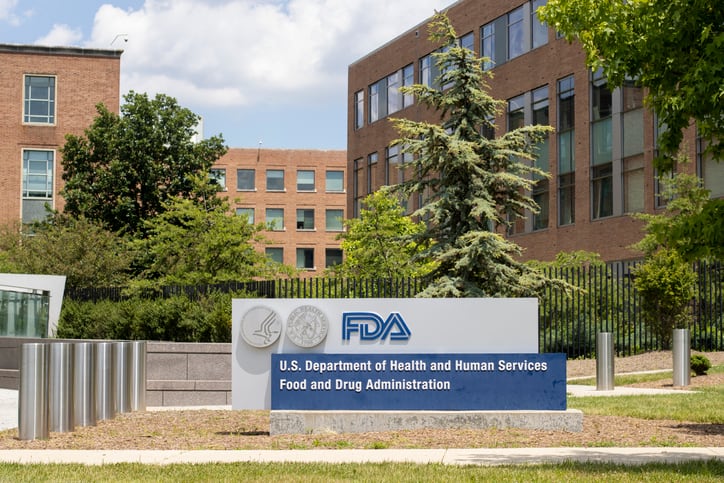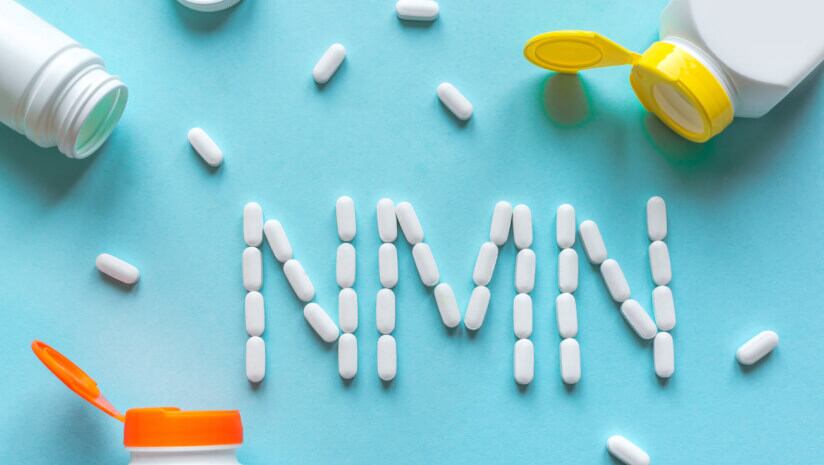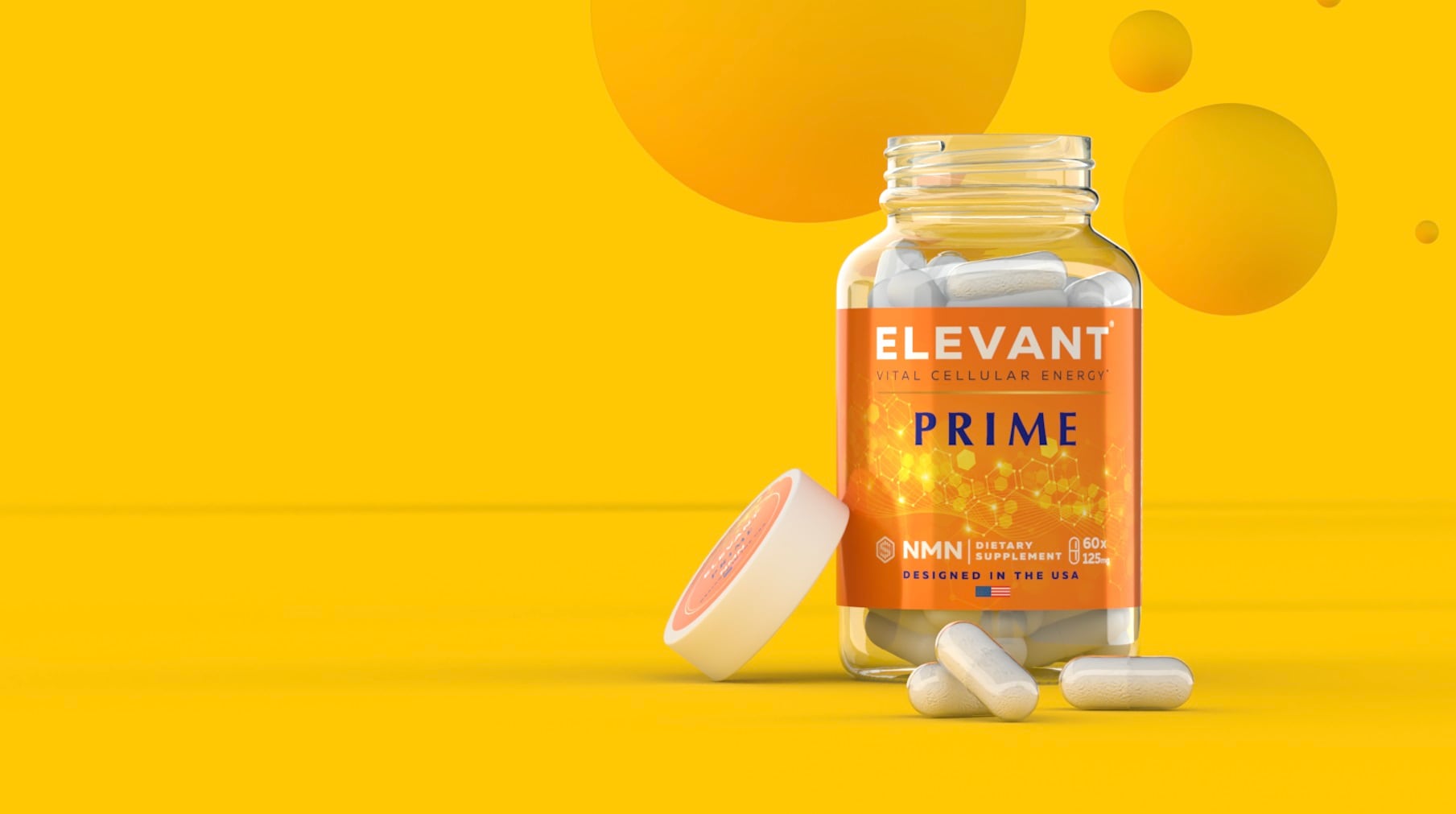The petition, filed by the National Products Association (NPA) and the Alliance for Natural Health (ANH) with the U.S. District Court for the District of Columbia in March 2023, seeks regulatory clarity on NMN as a dietary supplement.
“FDA has been working consistently and diligently on its response to the Citizen Petition, but, due to unforeseen circumstances, the agency will not be able to complete its response by the end of July 2025,” the July 28 status report update reads.
“Among other things, FDA experienced a significant reduction in force (RIF) on April 1, 2025, including in the Human Foods Program (HFP) and Center for Drug Evaluation and Research (CDER) offices that are primarily responsible for developing the agency’s Citizen Petition response.”
NMN on the market
NMN has gained widespread popularity as demand for anti-aging health products has accompanied the rise in longer-living populations focused on cultivating a quality healthspan.
As people age, their nicotinamide adenine dinucleotide (NAD+) levels decrease, where depletion is associated with downregulation of energy production in mitochondria, oxidative stress, DNA damage, inflammatory conditions and cognitive impairment. NMN, a precursor to NAD+, reportedly slows the process by elevating NAD+ levels in the body.
The growth of NMN on the market, however, came up against a regulatory hurdle when in late 2022, the FDA announced that it was excluding the ingredient from the definition of dietary supplements on the grounds that it had previously been studied as an investigational new drug (IND) prior to entering the market as a supplement.
Although the Dietary Supplement Health and Education Act of 1994 establishes that the term dietary supplement does not include “an article authorized for investigation as a new drug, antibiotic, or biological for which substantial clinical investigations have been instituted and for which the existence of such investigations has been made public,” industry argued that NMN had been sold and marketed as supplement well before any pharmaceutical interest.
In October 2024, a federal court granted a joint motion to allow the FDA to respond to the petition to resolve the NMN case without further litigation.
The decision stated that the agency does not intend to prioritize enforcement action related to the sale and distribution of NMN-containing products labeled as dietary supplements, as long as those products would otherwise qualify as lawful dietary supplements if NMN were not excluded from the definition of dietary supplement. However, the motion added that FDA would reconsider its enforcement priorities if safety concerns were to arise, and some retailers like Amazon have removed NMN from their platforms pending final decision.
Reduction in force hamper progress
Just months after the Trump administration took office, it implemented a large-scale reduction in force (RIF) as part of a broader reorganization of the Department of Health and Human Services (HHS).
The staff that was not reduced within the Human Foods Program absorbed the work of the team members that had been place on administrative leave, which reduced the time available to work on the response to the petition, the status report stated. It was also noted that some of the Center for Drug Evaluation and Research (CDER) staff who received RIF notices included experts on the issues mentioned in the petition and responsible for coordinating CDER’s input on the response.
By early May and late June, RIF notices for some of the relevant CDER staff and HFP personnel were rescinded, and some went back to work.
“Returning CDER staff absorbed the workload obligations of other CDER policy offices that remained subject to the RIF, thus limiting for a period the amount of time staff could dedicate to the Petition response, but the workload obligations of the relevant CDER staff have since stabilized,” counsel for the defendants submitted.
NPA noted that during this continued stay, NMN remains on the shelves as anti-aging supplement. Last year, in a court filing, FDA represented that it did not intend to prioritize enforcement action against NMN while it considered arguments in the citizen petition. According to NPA, this statement reflects what it views as an unofficial policy of enforcement discretion.
“The longer NMN is subject to enforcement discretion, the harder it becomes for FDA/DOJ to convince a judge to rule that suddenly things need to go in a 180-degree direction change because of some silliness from a pseudo-pharmaceuticals company,” Dan Fabricant, PhD, president and CEO of NPA, told NutraIngredients.
FDA now expects to issue a final decision on the petition no later than Sept. 30, one that may not only decide the fate of NMN but also set precedent for how the agency handles other supplements facing IND preclusion in the future.




